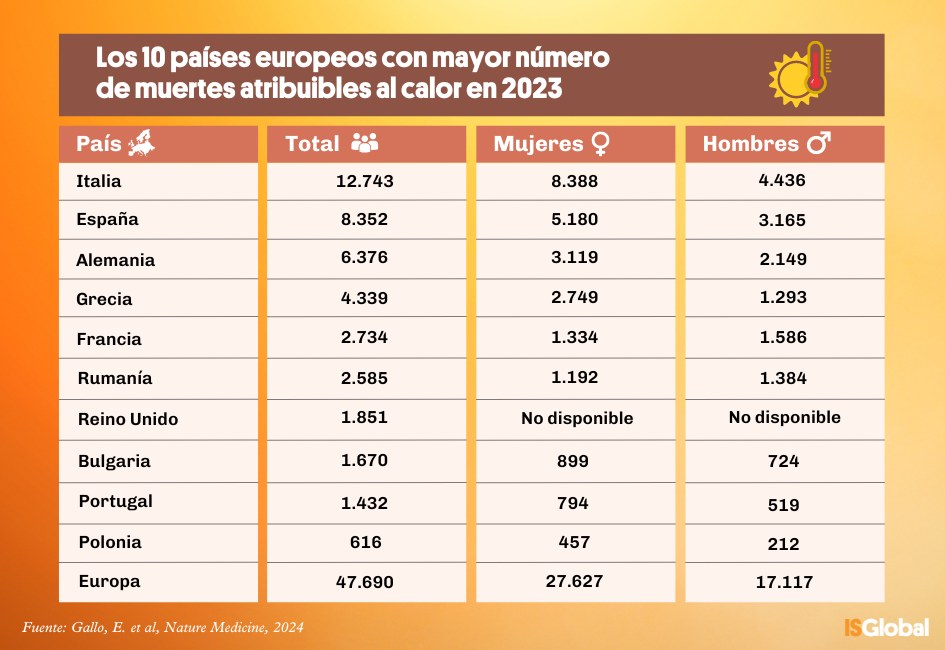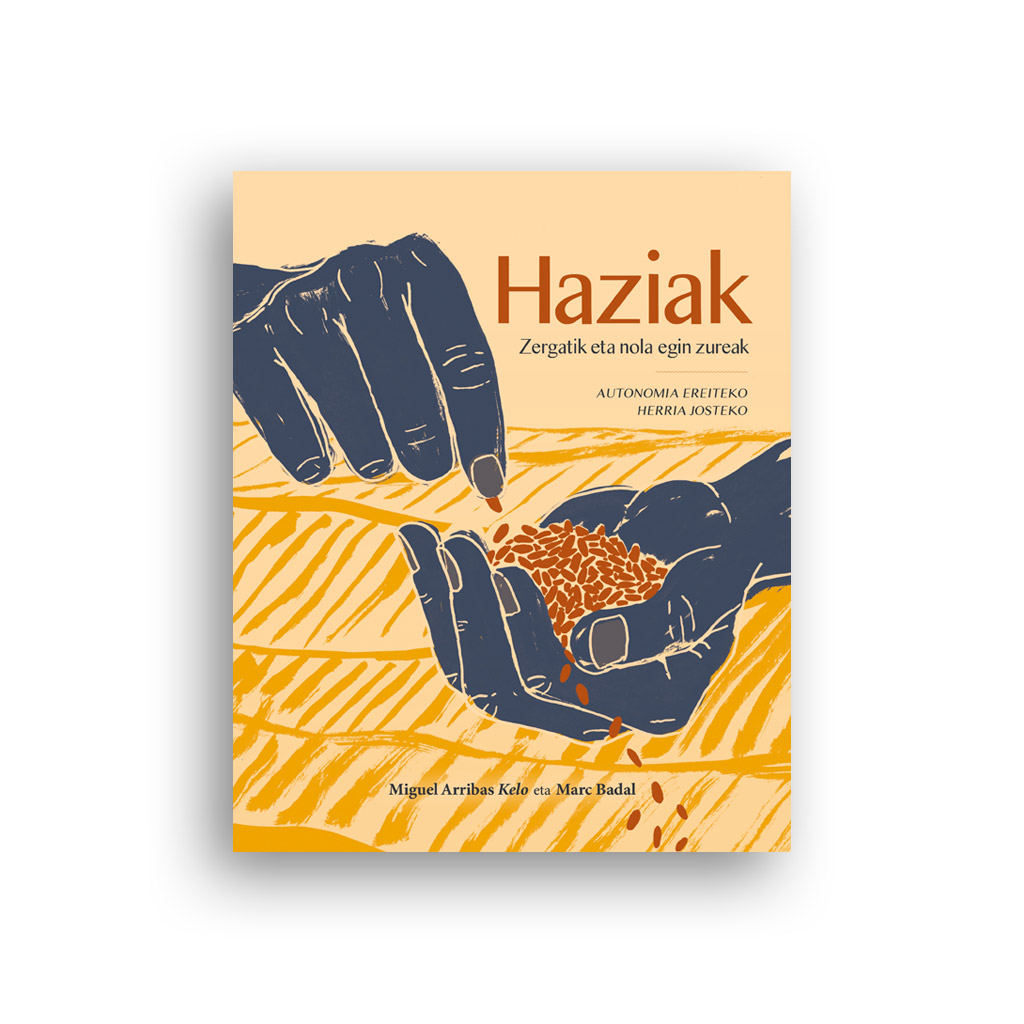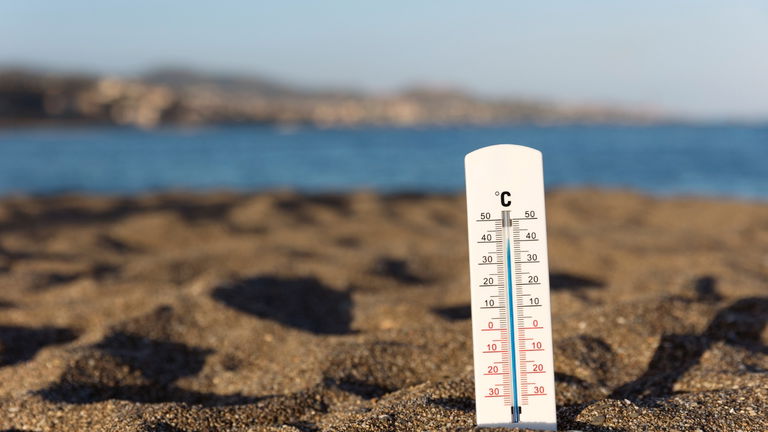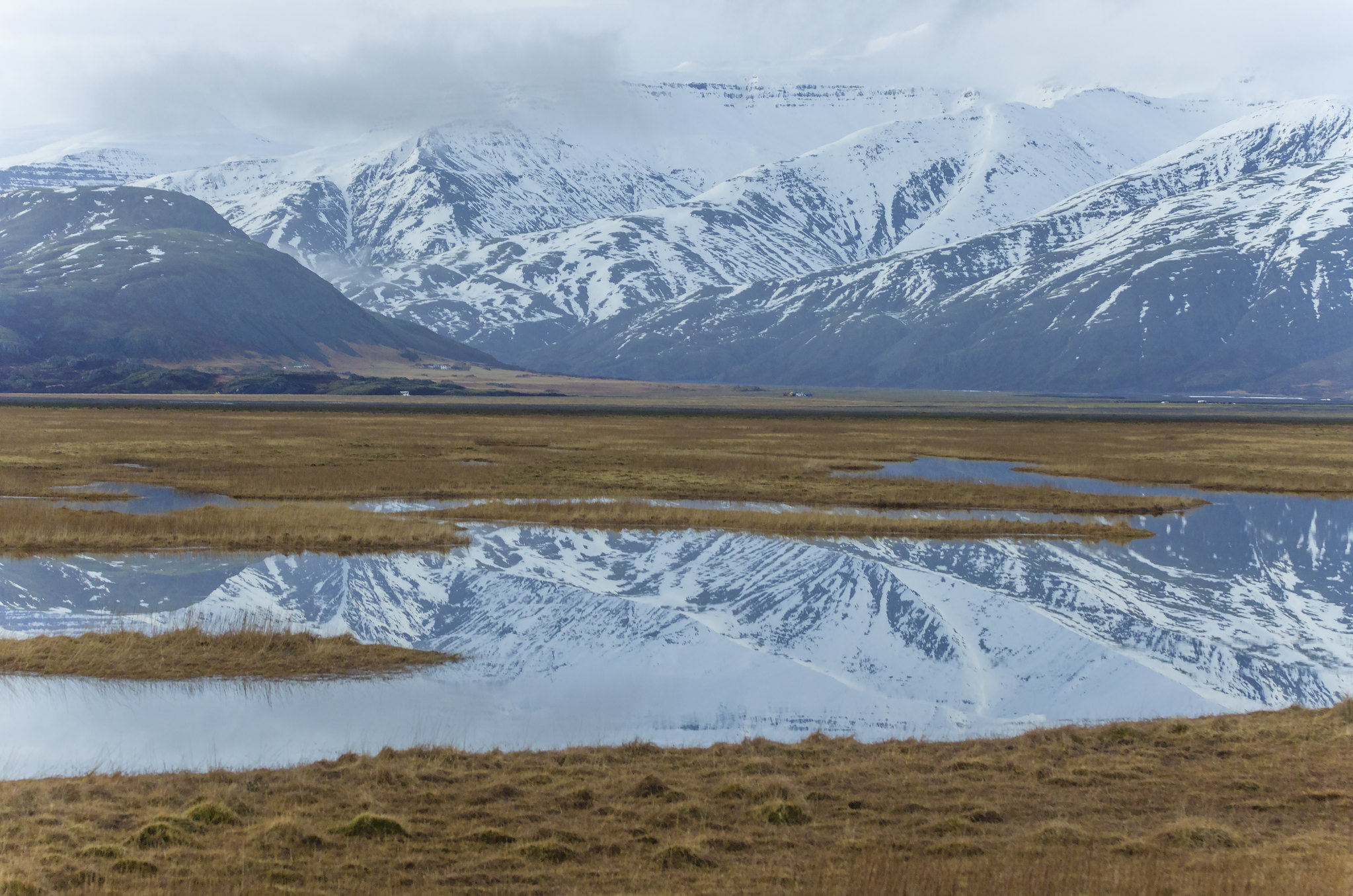Over 47,000 people died in Europe from heat last year
- It was the warmest year recorded worldwide and the second warmest in Europe, according to a study by ISGlobal. Southern European states have the highest mortality rates. The objectives set out in the Paris Agreement are not being met.

More than 47,000 people died in Europe from high temperatures in 2023, according to a study by the Instituto de Salud Global de Barcelona (ISGlobal) carried out in 35 states. It was the warmest year recorded globally and the second warmest year recorded in Europe. According to the study, more than 57 per cent of the overall mortality (more than 27,000 deaths) occurred from two heat waves, which occurred in mid-July and late August. In total, 47,690 deaths were recorded, of which 47,312 (i.e. 99.2 per cent) corresponded to the warmest period of the year (29 May to 1 October). The ISGlobal study on data from 2022 showed that summer heat that year caused about 61,000 deaths, the highest heat-related mortality burden in the last decade.
Researchers believe that the number of heat-related deaths could increase by 2023. In the absence of daily or homogeneous mortality records, the study was carried out through Eurostat's weekly death counts. In a study published in the journal Lancet Regional Health – Europe, researchers note that the use of weekly data can undermine the heat-related mortality burden, and through the use of a methodology that corrects this trend, they estimate that by 2023 deaths could be around 58,000.
Reduces vulnerability to heat
According to ISGlobal estimates, if temperatures recorded in 2023 had been recorded in the period 2000-2004, heat-related deaths would have exceeded 85,000, which is 80% more than in the period 2015-2019. ISGlobal researcher Elisa Gallo has highlighted the case of the elderly, and it is estimated that in the case of people over 80 years the number of heat-related deaths would double. “Our results show that in this century there have been processes of adaptation of society to high temperatures that have drastically reduced the vulnerability of the heat and mortality of the last summers,” said the aforementioned researcher.
According to the study, women and older people are more vulnerable to heat. Heat-related mortality was 55% higher in women than in men. Most deaths occur in people over 80 years of age.
Southern European states with the highest mortality rates
The number of deaths per million inhabitants of the 35 states analyzed is estimated. In absolute terms, of the 47,690 deaths from heat, Italy, Spain and Germany are the countries where the most deaths have occurred.

Greece has recorded 393 deaths per million inhabitants, Bulgaria 229, Italy 209, Spain 175, Cyprus 167 and Portugal 136.
In Hego Euskal Herria, most of Bizkaia
Calculations have been made for Álava, Gipuzkoa, Bizkaia and Navarra. As for the people who died from the heat, 211 people died in Bizkaia, in Gipuzkoa 121, in Navarra 56, and in Álava 40.
As for the heat mortality rate per million inhabitants, Bizkaia (185) and Gipuzkoa (168) are the territories with the highest mortality rate, followed by Álava (123) and finally Navarre (85).
Breach of the Paris Agreement
The researcher at the Consolidator EARLY-ADAPT scholarship of the European Research Council, Joan Ballester Claramunt, has been critical of the failure to meet the objectives planned in the Paris Agreement: “In 2023, almost half of the days exceeded the 1.5°C set by the Paris Agreement and Europe is warming more than twice the global average. Weather forecasts indicate that it is possible to exceed the 1.5°C limit by 2027, leaving us with a very small window of opportunity."
In the 2015 Paris Agreement, States agreed that the average long-term world surface temperature should be below 2°C of pre-industrial levels and should attempt to limit by about 1.5°C, according to United Nations Climate Change. “There is an urgent need to implement strategies to further reduce the burden of death of the warmer summers ahead,” said the above-mentioned researcher at the European Research Council.
Lurrak guri zuhaitzak eman, eta guk lurrari egurra. Egungo bizimoldea bideraezina dela ikusita, Suitzako Alderdi Berdearen gazte adarrak galdeketara deitu ditu herritarrak, “garapen” ekonomikoa planetaren mugen gainetik jarri ala ez erabakitzeko. Izan ere, mundu... [+]
Eskola inguruko natur guneak aztertu dituzte Hernaniko Lehen Hezkuntzako bost ikastetxeetako ikasleek. Helburua, bikoitza: klima larrialdiari aurre egiteko eremu horiek identifikatu eta kontserbatzea batetik, eta hezkuntzarako erabiltzea, bestetik. Eskola bakoitzak natur eremu... [+]
Agintari gutxik aitortzen dute publikoki, disimulurik eta konplexurik gabe, multinazional kutsatzaileen alde daudela. Nahiago izaten dute enpresa horien aurpegi berdea babestu, “planetaren alde” lan egiten ari direla harro azpimarratu, eta kutsadura eta marroiz... [+]
Biologian doktorea, CESIC Zientzia Ikerketen Kontseilu Nagusiko ikerlaria eta Madrilgo Rey Juan Carlos unibertsitateko irakaslea, Fernando Valladares (Mar del Plata, 1965) klima aldaketa eta ingurumen gaietan Espainiako Estatuko ahots kritiko ezagunenetako bat da. Urteak... [+]
Nola azaldu 10-12 urteko ikasleei bioaniztasunaren galerak eta klima aldaketaren ondorioek duten larritasuna, “ez dago ezer egiterik” ideia alboratu eta planetaren alde elkarrekin zer egin dezakegun gogoetatzeko? Fernando Valladares biologoak hainbat gako eman dizkie... [+]
Eskoziako Lur Garaietara otsoak itzularazteak basoak bere onera ekartzen lagunduko lukeela adierazi dute Leeds unibertsitateko ikertzaileek.. Horrek, era berean, klima-larrialdiari aurre egiteko balioko lukeela baieztatu dute, basoek atmosferako karbono-dioxidoa xurgatuko... [+]















_Glaciar.png)




